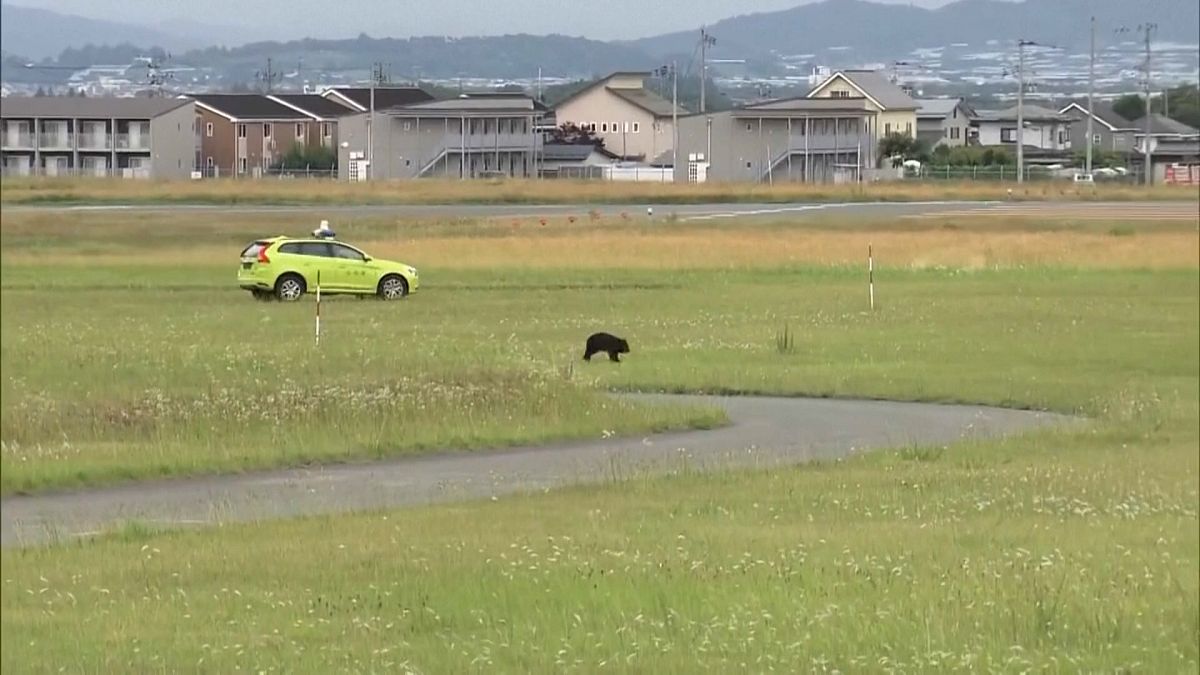

Across various regions of the world, recent events are painting a vibrant picture of ecological, technological, and societal dynamics. From wildlife encounters affecting travel to groundbreaking innovations in medical science, each story adds to our understanding of the global pulse.
In Japan, a surprising wildlife encounter brought Yamagata Airport to an unexpected halt. A curious bear, likely wandering from nearby woodland, was spotted on the airport premises, causing over ten flights to be disrupted. This unusual incident serves as a gentle reminder of the coexistence between human infrastructure and natural habitats. Although authorities have yet to locate the bear, efforts continue to ensure the safe resumption of airport operations.
Meanwhile, in Europe, a newly developed index has revealed significant insights into climate vulnerability, identifying countries at heightened risk. Among these, two European nations find themselves in the so-called “red zone,” suggesting that these regions are just a single disaster away from a crisis. This index serves as a crucial tool for directing support and resources effectively to areas that need it most, highlighting the ongoing challenges faced by nations in adapting to climate change.
In France, the recent occurrence of intense storms has brought both tragedy and disruption. The storms, which tore through various regions, resulted in the loss of two lives and caused flooding in several areas, including unprecedented leaks in the National Assembly’s roof. This event underscores the importance of infrastructure resilience in the face of increasingly frequent and severe weather patterns.
Amidst these environmental stories, an exciting technological development promises to revolutionize how we treat sinus infections. Scientists from China and Hong Kong have successfully conducted animal trials using swarms of minuscule robots to clear infected sinuses. These tiny devices, no larger than specks of dust and a fraction of the width of a human hair, offer a novel approach to medical treatment by physically removing obstructions. While the potential benefits are vast, researchers remain mindful of challenges such as ensuring these robots are safely expelled from the body after treatment, as well as addressing public concerns that may arise.
In the southwest of France, another weather-related advisory has been issued, with regions such as Bouches-du-Rhône, Gard, Hérault, and Pyrénées-Orientales being placed on orange alert. The heatwave is expected to persist across the Mediterranean shores and may extend northward over the weekend. This alert underscores the need for preparedness in facing heat-related challenges and ensuring public safety during extreme weather.
Each of these stories reflects a facet of the dynamic interplay between nature, technology, and society. As nations navigate these challenges, informed awareness and thoughtful responses remain crucial in fostering resilience and adaptation in a changing world.
Source: {link}
